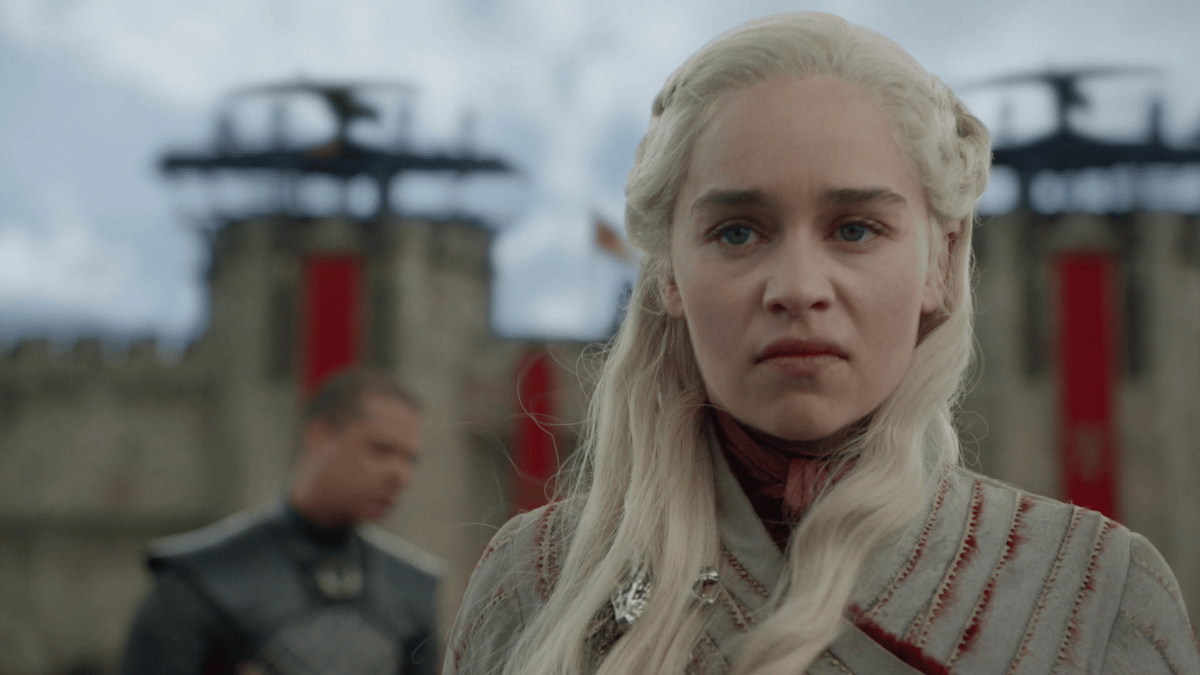Game of Thrones ended nearly four years ago now, but the antipathy towards its series finale seems to have only increased in the years since it aired. Considered to be one of the worst series finales by many, the franchise experienced a dearth of engagement right after it concluded. Had House of the Dragon not come along and revitalized the franchise, it’s actually quite possible that Game of Thrones would have been like Lost or Dexter: once cultural juggernauts, now reduced to, “Man, remember that bad finale?”
In retrospect, the final season made many writing fumbles. Many storylines were rushed and wrapped up in unsatisfying manners. In fact, some of the actors themselves have publicly commented about not caring for the ultimate ending of the series. Isaac Hempstead Wright, who played Brandon Stark (who ends up on the throne at the end) has even stated that he had thought his script was a false one – a fake ending intended to entertain him. Needless to say, the final season has some serious narrative problems – it’s not all Starbucks cups.
1. Killing off the White Walkers in episode 3
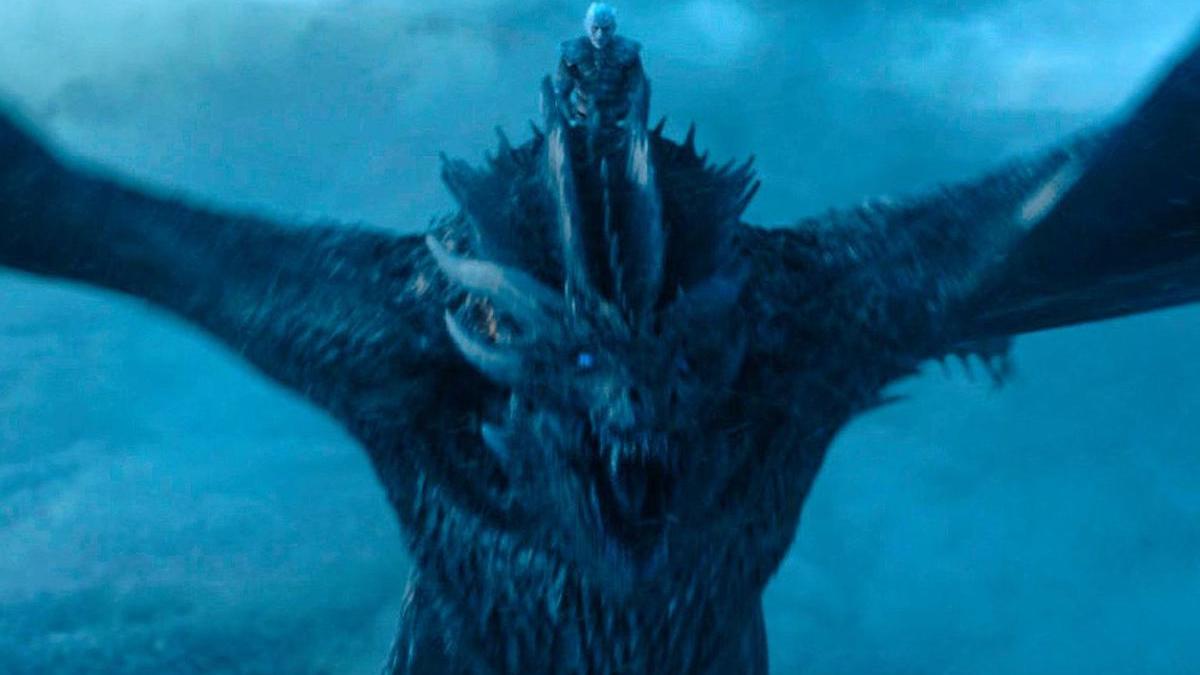
The White Walkers were present from Game of Thrones‘ first moments. The prologue’s importance in a narrative can’t be understated: the White Walkers were intended by Martin to be the main threat of the series. The White Walkers represent death and existential crises humans avoid to instead fight about petty, political matters.
But according to co-creator David Benioff, “Themes are for eighth grade book reports.” By refocusing the final season’s conflict around the Iron Throne rather than the White Walkers, the writers instead affirmed that these petty matters are more important than existential threats. Cersei (Lena Headey) made the choice to stayout of the Long Night, and she is actually rewarded for this: not only did the White Walker threat boil down to a week’s worth of worry, but Cersei was, indeed, strengthened by staying out of the matter rather than helping, just as she thought. And is Cersei, who is a human, really more of a villain than the Night King (Vladimir Furdik), who represented the concept of Death?
2. Daenerys kinda forgot about the Iron Fleet
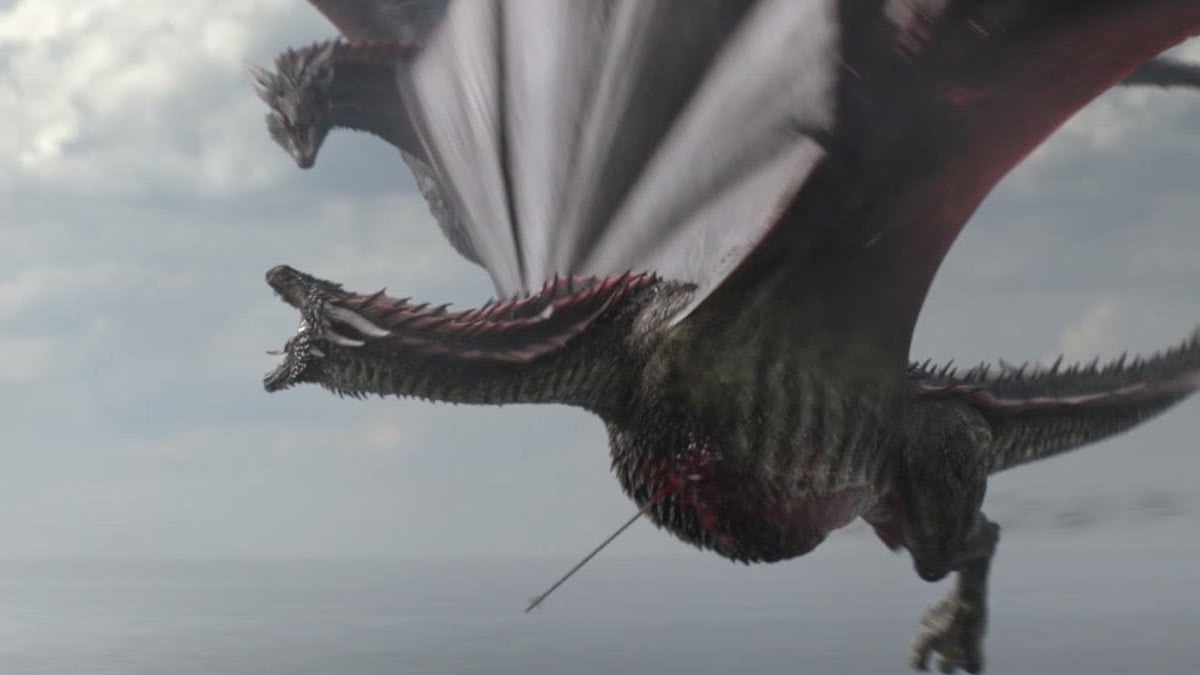
In one of the most egregious examples of the plot leading the characters around, rather than the character’s actions informing the plot, Daenerys Targaryen (Emilia Clarke) loses one of her dragons, Rhaegal, to Euron Greyjoy’s (Pilou Asbæk) ballistae. The man must be a crackshot the likes of which have never been seen: not only is he commanding ships that Daenerys should be able to see from the sky, he’s firing at a moving projectile moving at very fast speeds.
In a post-episode interview, it was explained that Daenerys simply, well “kinda forgot” about the Iron Fleet. Yes, Daenerys Targaryen, breaker of chains and conqueror-in-progress, forgets about her enemy’s main source of manpower and loses her own fleet for it. At that point, that’s just bad planning.
3. Euron’s invincibility
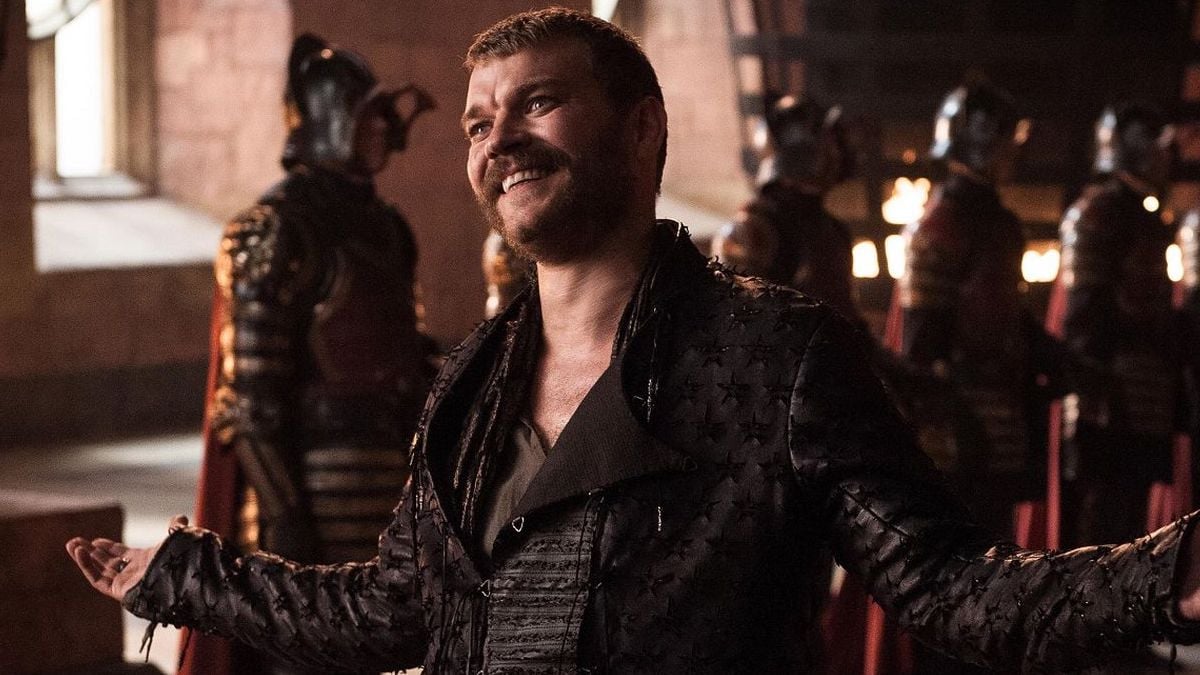
Realistically, Daenerys should have steamrolled Euron during their encounter over the water – in fact, she had literally defeated a fleet of ships on dragonback in season six. Euron doesn’t just survive this encounter, though, he seems almost invincible to damage until it’s time for him to die (somewhat arbitrarily).
After surviving the burning of his fleet in retaliation for his earlier dragon slaying feat/fantasy driveby, Euron somehow washes up about twenty miles up shore and lands right where Jaime Lannister (Nikolaj Coster-Waldau) is happening to sneak into the Red Keep. The two fight and Jaime does manage to kill him, but not before Euron lands a mortal blow on him. Ultimately, Jaime dies in the collapse of the Red Keep, and Euron could have been dragon food just a few moments earlier, so the fight comes off as largely superfluous.
What made Game of Thrones villains so compelling is that they were subject to the same rules as everyone else; even the villains could (and did!) die, fail, or had the wool pulled over their eyes in some way. Asbæk’s performance is the character’s only saving grace.
4. The White Walkers never fight another character in combat
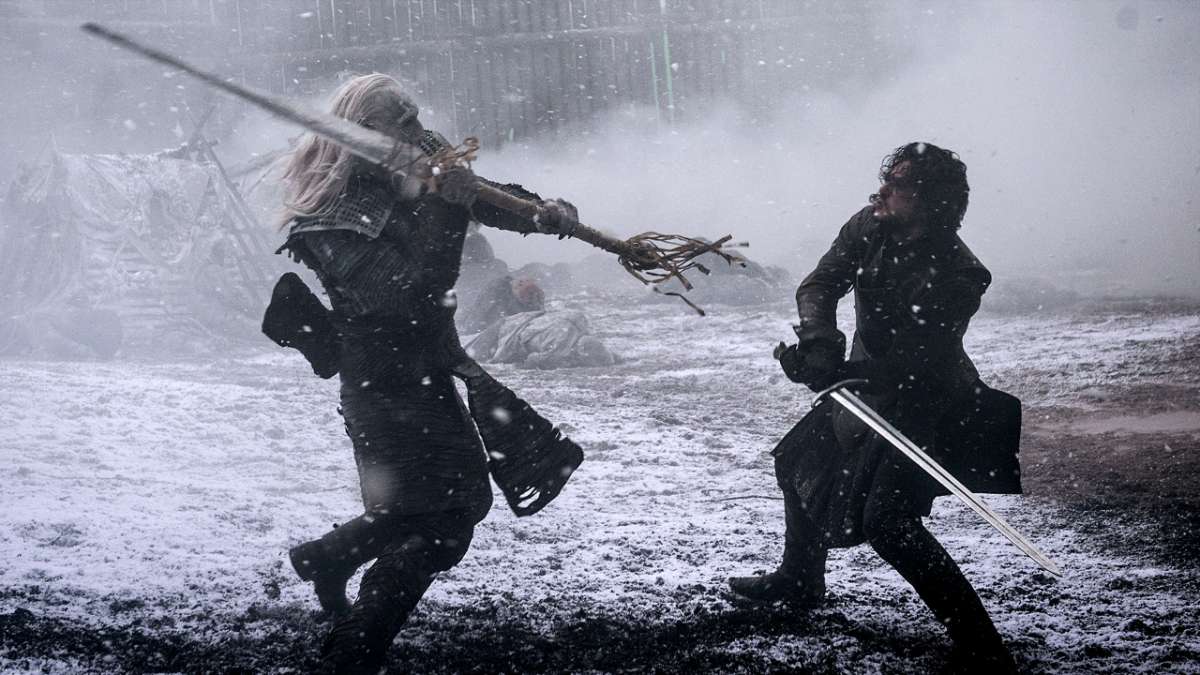
Way back when “Hardhome” aired in season 5, fans were incredibly hyped to see the White Walkers in combat. It was also the first time that a character with a Valyrian steel sword engaged with a White Walker – and it proved to be a vital way to destroy the creatures. By the end of the episode, though, the Night King was mostly triumphant, having added many, many more people to his growing army of the dead.
That was the last episode that a White Walker ever engaged in combat. During the Long Night, the wights were the main threat – characters continued to face horde after horde of them and miraculously survive, while never once facing a White Walker in combat. All despite the fact that one of the main plot points of season 7 was getting as much obsidian, men, and Valyrian steel as they can get.
5. Everyone hates Daenerys
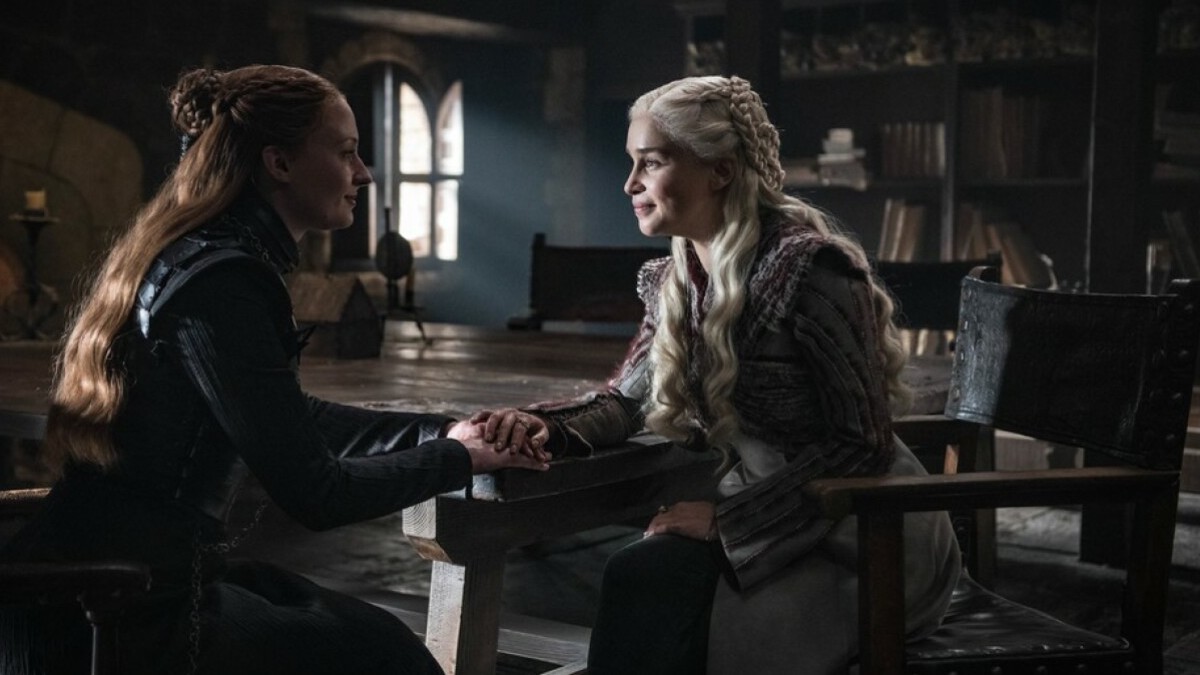
Though Daenerys Targaryen abandons her war effort at great personal cost to herself to save the realms of men, no one in the North seems to like her. Sansa (Sophie Turner), who seemed quite combative by the later seasons despite a stated acute political acumen, appeared to be actively antagonizing Daenerys throughout the season, a source of great tension. Even before the Long Night, Sansa does not want to let dragons into Winterfell despite their absolute necessity for the battle to come.
No one seems interested in the warrior queen who rode a dragon into battle, either. While it’s understandable that those in the South might view Daenerys with suspicion, the North is committed to hating her. Things reach a fever pitch when Varys (Conleth Hill) is executed for treason after attempting to overthrow Daenerys and poison her. Varys has orchestrated most major wars in recent history and has a complex about saving Westeros – but what king or queen will be good enough for him? When will enough be enough? The fact that Varys’ execution is supposed to be a moral event horizon is pretty silly.
6. The Long Night doesn’t make sense
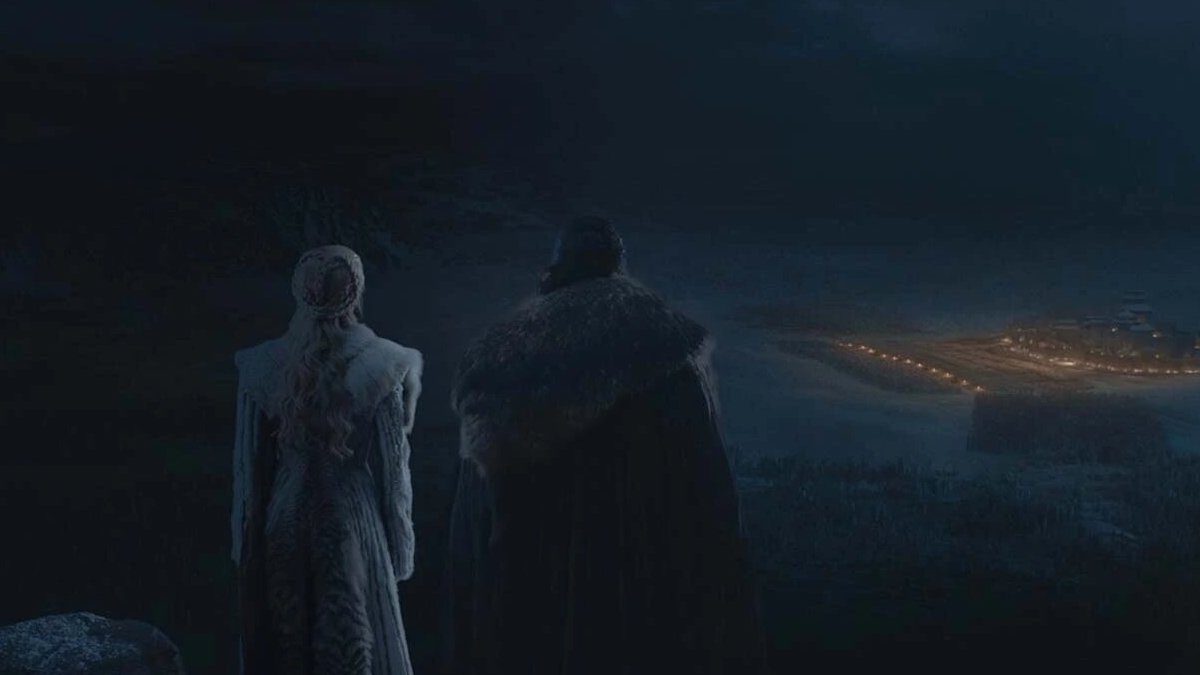
The Long Night’s tactics simply don’t make sense, at least what can be seen of them, even from the point of view of an inexperienced commander. The Dothraki’s role in the battle is especially egregious: they die about five minutes in after pointlessly charging the White Walker’s army. For some reason, charging the literal waves of dead people doesn’t work out for the best, and the battle stays on the defensive for the Winterfell army from that point onwards.
The army also lines up on the field to meet their enemy rather than Winterfell’s strong walls, where archers can rain obsidian arrows down on the dead. And, of course, there’s the fact that the living decide to hide from enemy who can reanimate the dead by hiding in a crypt, which predictably backfires. For some reason, this idea is credited to Tyrion Lannister (Peter Dinklage), who’s supposed to be a genius.
7. Bran has the best story

In the absolute weakest of Tyrion’s three trials, the character faces nearly no repercussions for his failures as Hand of the Queen. Following his abdication of the role and continued, even if subtle, support of his sister (whom he had hated for seven seasons beforehand), Tyrion Lannister is once again made Hand of the King, as “punishment”. This is despite a poor track record for him.
The reasoning for picking Bran is also pretty nonsensical. The character who had the best story was one who was absent for the entirety of season 5. Bran’s clearly an important character in the books – he’s the first main character to be a point-of-view for the audience – but the series did not know what to do with him for much of its runtime. Many, many characters had better “stories” than Brandon did; the quality of someone’s life story is no basis for a system of government.
Why did a trial turn into an election? Will the rest of the Lords of Westeros be miffed that a (frankly pretty Stark heavy council) elected a king without their consent? And who’s letting Tyrion, the prisoner on trial, make the decisions, anyway?
8. Dorne and the Iron Islands don’t immediately declare independence when Sansa does
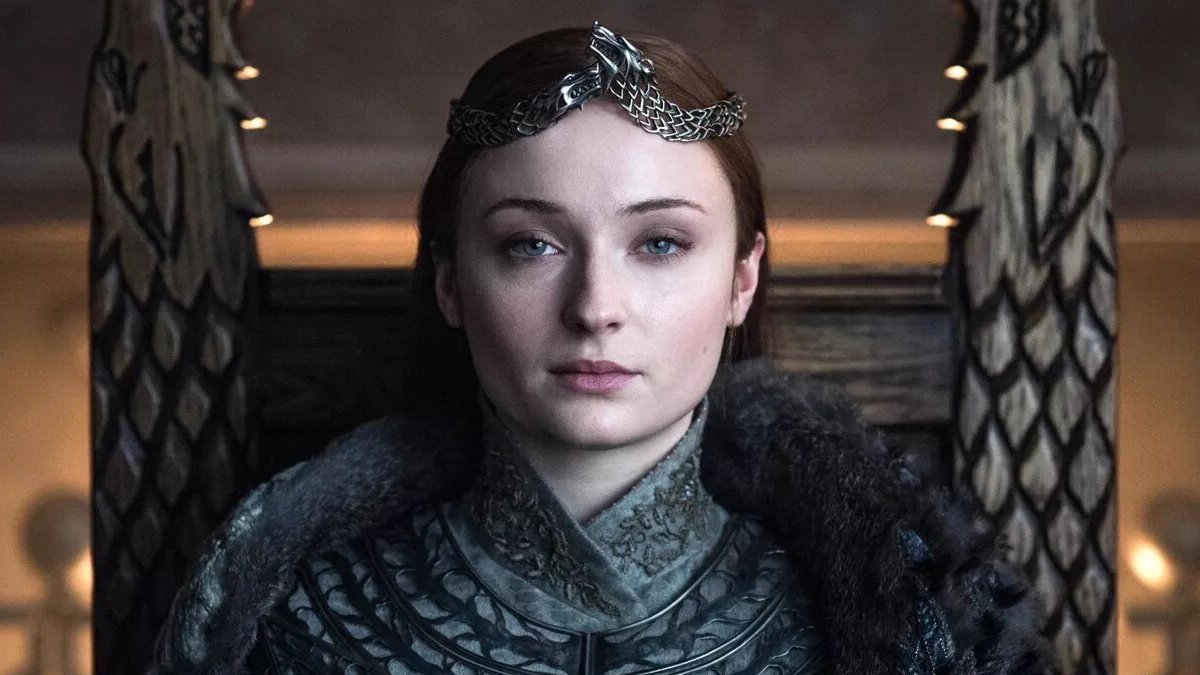
A major plot point in the series was unrest in Dorne and the Iron Islands. Both had strong support for independence movements – the Greyjoys wished to reave and pirate to their heart’s content, and the Dornish no longer consented to be part of the Westerosi union following the deaths of Elia Martell and her two children during Robert’s Rebellion. They’re such large plot points that the entire storyline in both Dorne and the Iron Islands relies on this idea. And yet, when Sansa Stark declares the North an independent kingdom once again, with her as its Queen, neither kingdom speaks up and demands the same for their fief.
Though it somewhat fits with Sansa’s arc to end up in a position of power and authority, it just doesn’t make sense if Bran’s on the throne. The North is arguably tied the closest to the throne now, and was absolutely decimated by the Long Night. Food was mentioned to be a serious issue. Without the Iron Throne and the southern kingdoms, how will the North feed its people?
9. Dothraki respawn and King’s Landing’s reconstruction
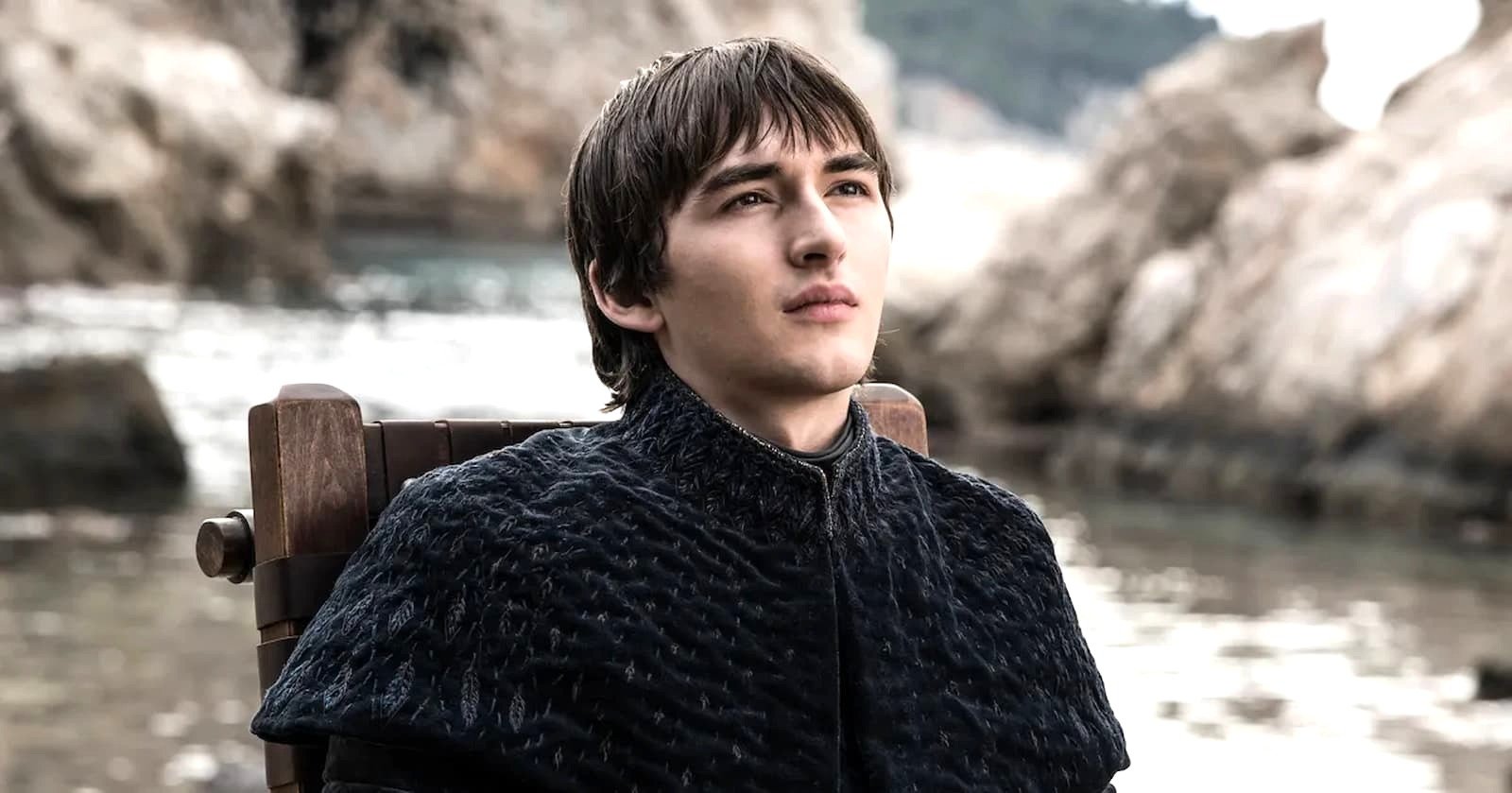
Despite their apparent demise at the hands of the White Walkers, the Dothraki are able to quickly respawn in time for the battle of King’s Landing. Their numbers seemingly replenished, they begin tearing through the city and looting it. No mention is made of what happens to the Dothraki after the battle, and it’s unlikely that they would simply decide to leave Westeros. Yet they seem once again depleted and entirely okay with their Khaleesi’s death when it’s time for peace.
As Bran’s own reign begins, audiences also see King’s Landing nearly totally rebuilt in what must have been only a few weeks – given that Grey Worm and Jon Snow are only now just leaving. The Red Keep – the same one which collapsed to its foundations – appears to have some wear and tear and is slightly under construction, but fine enough for a Small Council meeting at the end of the series. Also, Bran makes Bronn – the man who earlier had explained he did not understand interest rates – into the Master of Coin and Lord of Highgarden. That’s just bad administration. And will Bran live to an ancient age as king? How will any successor be able to compete with a psychic that’s connected to all of history?
10. Daenerys’ turn to madness
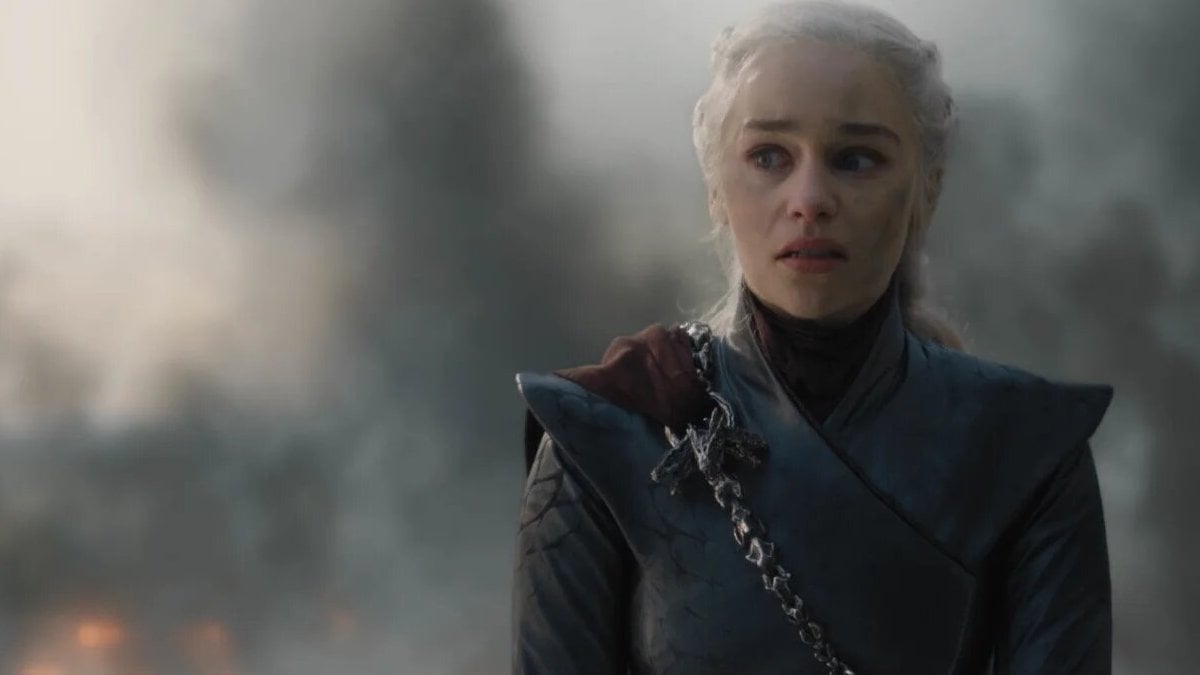
There’s a reason “The Bells” and “The Iron Throne”, the two final episodes of the series, are rated the lowest on several review aggregator websites. Daenerys Targaryen’s turn to madness is a plot point that has long been debated: her family is prone to violence and mental illness, and many claimed that Martin was setting the foundations for this turn since the first book.
The show, however, had not. For seasons, audiences had cheered when Daenerys conquered and killed her enemies – who were genuinely bad people, despite a retroactive attempt at painting Daenerys as evil for killing slavers. Scenes were framed around her victory – moments of her success were occasions for the audience to cheer.
There is no real shift to villainy for Daenerys. One moment, she’s fighting the White Walkers in the Long Night. The next, she begins to seem pretty miffed about people not liking her much. Then she blows up King’s Landing. Not only had Cersei been foreshadowed to do this very thing, the wildfire caches underneath the city were set up to destroy it. In “The Bells”, they serve only as background details to make the scene all the more spectacular in motion.
That’s to speak nothing of making Jon Snow kill Daenerys. It feels so representative of many problematic tropes. Daenerys is killed off for Jon Snow’s development, ultimately. Because he did not kill the Night King, this is basically the culmination of Jon Snow’s entire arc. Oddly enough, Drogon, who had grown to be a rather philosophical dragon throughout the seasons, realized that his mother had gone mad due to the Iron Throne. Rather than killing her murderer, Drogon simply flies off and leaves Jon Snow alone.
Game of Thrones was once the biggest series in the world. Its final episodes, however, divided its fanbase so deeply that the franchise nearly collapsed. Even four years later, the final season stands as a sign of hubris.

